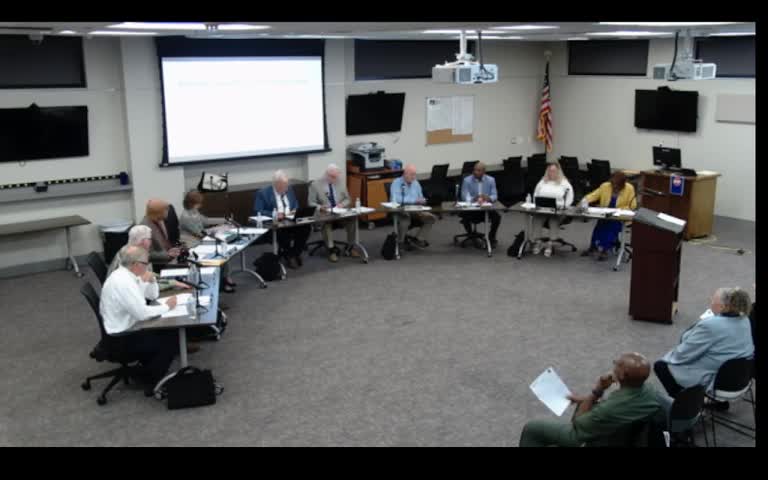Monarch outlines 24/7 mobile crisis response for Robeson, Bladen and Scotland counties

Summary
Monarch Behavioral Health told the Scotland County Board of Commissioners on Nov. 3 that its mobile crisis team provides 24/7 on‑site assessment, triage and linkage to clinical services across Robeson, Bladen and Scotland counties.
Monarch Behavioral Health representatives told the Scotland County Board of Commissioners on Nov. 3 that their mobile crisis team provides an integrated, 24‑hour, seven‑day response to behavioral‑health and substance‑use emergencies across Robeson, Bladen and Scotland counties.
“We serve actually all 100 counties now of North Carolina in some capacity … we are 1 of the leading providers of behavioral health services in North Carolina, serving more than 31,000 people annually,” said Kimberly Lincoln, vice president of crisis services at Monarch. She said the team’s stated goals are symptom and harm reduction and safely transitioning people to the appropriate stabilization level.
Monarch’s mobile responders conduct on‑site evaluation and triage, link people to community resources and — when safety concerns exist — may request law‑enforcement accompaniment. The team’s standards include a state‑mandated two‑hour target to meet individuals after dispatch, Lincoln said: “It is immediate response. They have 2 hours per North Carolina standards to meet with individuals once they've been dispatched.”
Tanya Locklear, mobile crisis supervisor, described the team composition: a licensed clinical team lead, staff certified in substance‑use screening and staff experienced with developmental disabilities. The team may consult a licensed psychiatrist, she said, and can serve all age groups.
During commissioners’ questions, Monarch staff said they can perform involuntary‑commitment (IVC) screening in the field when an assessment shows a person is an imminent danger to themself or others and, if warranted, they will petition a magistrate. Commissioners and the sheriff’s representative pressed the team about response times, local presence and coordination with local behavioral‑health and hospital services; Monarch said while some staff are located in neighboring counties, open‑access outpatient services exist in Scotland County and the team will coordinate transfers to a facility when higher‑level care is required.
Limitations noted by Monarch: mobile crisis teams do not provide services inside hospitals, jails or prisons; they do not administer medications or write prescriptions; and services are voluntary, requiring verbal or signed consent unless an IVC is justified. Monarch representatives encouraged law‑enforcement agencies and county staff to use the service and described the team as a “fourth utility” that can reduce ER visits and long deputy transports.
The board did not take formal action on the presentation; commissioners thanked Monarch staff and asked that the agency and local responders continue coordination.

